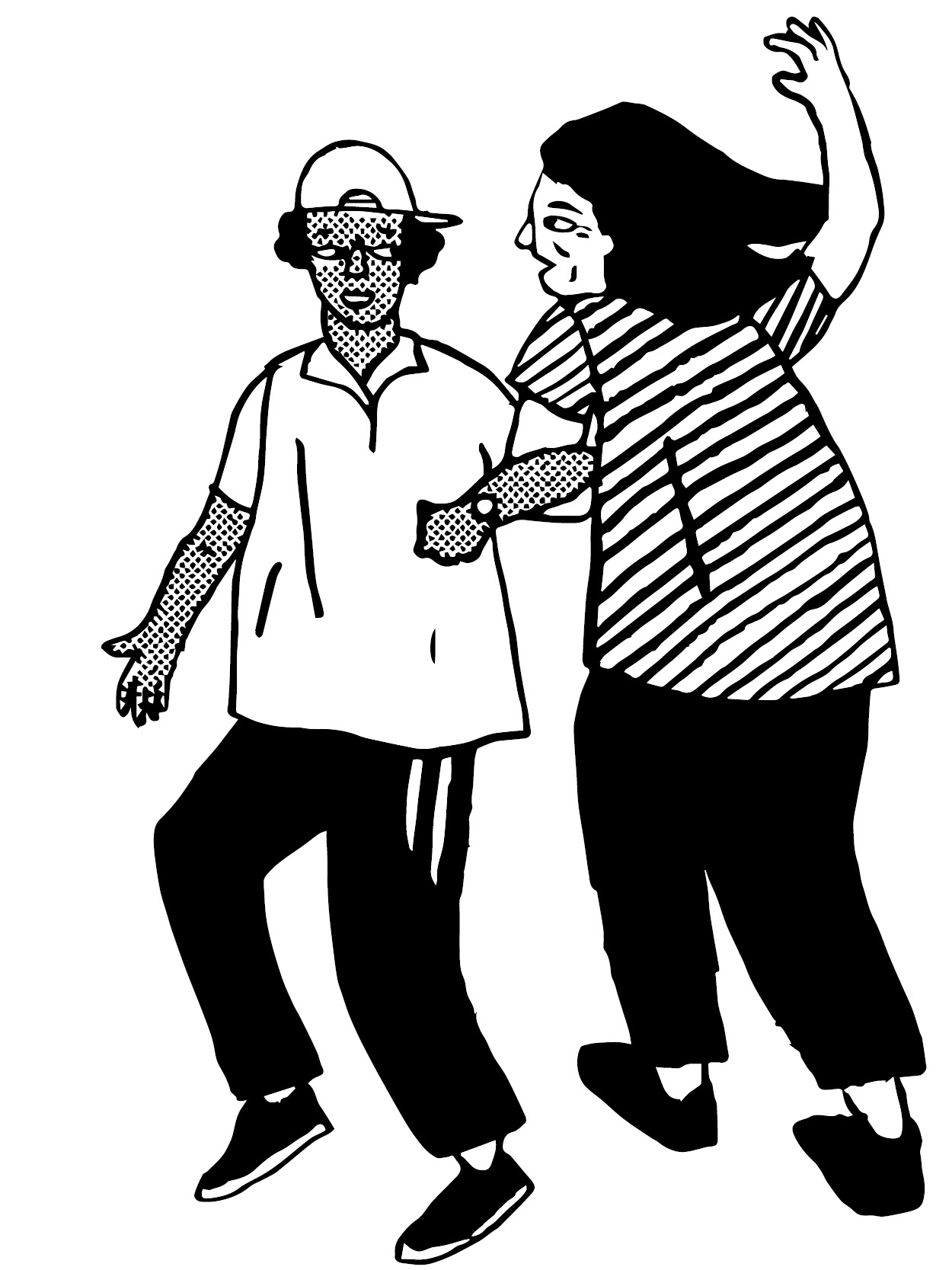Harry Albino
H. (Harry) Hurlbutt Albino
(1889-1957)
Harry Albino lived in villages east of Cheltenham, where he was esteemed as a man of ample local talent. Born at the cusp of the twentieth century, Harry was the eldest son of Jeannie and Henry Charles Albino. Harry’s early family life was prosperous. His father obviously had a significant influence on Harry Albino’s abiding interest in local song traditions. Harry made arrangements of two songs that he described as being “sung to me by my father who learned it as a boy in Gloucestershire”. One of these is the well-known ditty, Soldier Soldier, Will you Marry Me, now often sung as a nursery rhyme.
As a song collector Harry worked between 1913 and 1938, collecting songs locally and further afield in Eastern Europe, collecting primarily from agricultural workers: farmers and cowmen. Yet his interests did not end in collecting songs. He contributed songs and short articles to EFDSS Journals and published several arrangements of collected folk songs. He once lectured in Cheltenham on his experiences as a folk music collector in Eastern Europe and was founder of the North Cotswold Music Festival. He adjudicated on several occasions at music festivals in the district and conducted several choral societies.
As a champion of what was seen during the period as the disappearing arts of rural life, Harry Albino was also involved in the work of the Council for the Preservation of Rural England. Between 1937 and 1955 Harry wrote many articles for the local folio Gloucestershire Countryside. The subjects of these articles are mostly folk related, covering topics such as music, vernacular architecture, wagons, millstones, and some biographies. Not limiting his talents to the rural and musical life of his locale, he was known in Cheltenham as an artist and fine draughtsman. Harry died suddenly at his home in Chastleton, Moreton-in-Marsh in 1957 aged 67.
The Albino manuscripts of folk songs are currently held at the Vaughan Williams Memorial Library in London. They primarily cover the period 1913-1918 and the principal geographical coverage is of the Cotswold region.
Browse Harry Albino's collection in The Full English digital archive.











